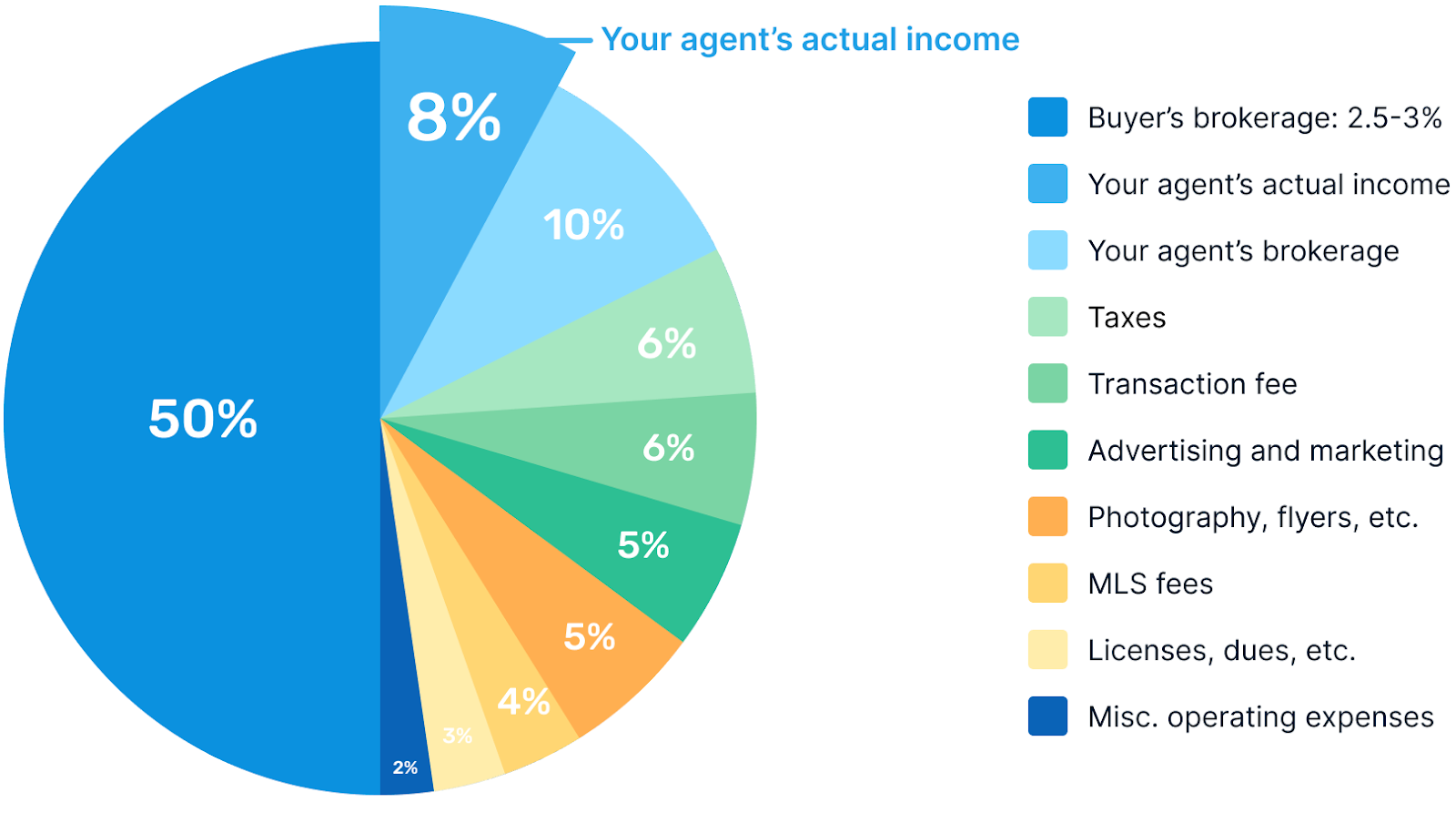REITs historically have delivered competitive overall returns, based on high, consistent dividend earnings, and long-lasting capital appreciation. The FTSE Nareit U.S. Realty Index Series is an extensive household of REIT performance benchmarks that span the commercial realty area across the U.S. economy.
REITs buy a large scope of realty residential or commercial property types, consisting of workplaces, apartment or condo buildings, storage facilities, retail centers, medical centers, information centers, cell towers, facilities and hotels. A lot of REITs focus on a particular residential or commercial property type, however some hold multiples types of residential or commercial properties in their portfolios. Noted REIT possessions are categorized into one of 13 residential or commercial property sectors. A lot of REITs operate along a simple and easily reasonable business model: By leasing space and collecting rent on its genuine estate, the business creates earnings which is then paid to investors in the kind of dividends. REITs need to pay out a Continue reading minimum of 90 % of their taxable earnings to shareholdersand most pay 100 %.
m, REITs (or home loan REITs) do not own property straight, rather they fund genuine estate and earn income from the interest on these investments. REITs traditionally have actually provided competitive overall returns, based on high, steady dividend income and long-term capital appreciation. Their comparatively low connection with other assets likewise makes them an excellent portfolio diversifier that can help in reducing overall portfolio threat and boost returns. These are the qualities of REIT-based property investment. REITs' performance history of trustworthy and growing dividends, integrated with long-lasting capital gratitude through stock rate increases, has offered investors with attractive overall return performance for most periods over the previous 45 years compared to the wider stock market in addition to bonds and other assets.
That suggests positioning their properties to draw in occupants and earn rental income and handling their residential or commercial property portfolios and trading of properties to construct value throughout long-lasting realty cycles.
A realty financial investment trust (REIT) is a company that owns, runs, or financial resources income-generating property. Designed after mutual funds, REITs pool the capital of numerous investors - What does a real estate developer do. This makes it possible for individual investors to make dividends from realty investmentswithout having to buy, handle, or finance any homes themselves. A property financial investment trust (REIT) is a business that owns, operates, or financial resources income-producing homes. REITs produce a consistent income stream for investors however use little in the method of capital appreciation. Many REITs are publicly traded like stocks, that makes them highly liquid (unlike physical property financial investments).
The Single Strategy To Use For What Is A Real Estate Broker

Congress developed REITs in 1960 as a change to the Cigar Excise Tax Extension. The arrangement permits investors to purchase shares in commercial property portfoliossomething that was formerly readily available just to wealthy people and through large timeshare lies financial intermediaries. Residence in a REIT portfolio might include home complexes, data centers, healthcare facilities, hotels, infrastructurein the kind of fiber cable televisions, cell towers, and energy pipelinesoffice buildings, retail centers, self-storage, forest, and warehouses. In basic, REITs concentrate on a particular property sector. However, varied and specialized REITs may hold different types of homes in their portfolios, such as a REIT that consists of both workplace and retail homes.
These REITs typically trade under substantial volume and are thought about very liquid instruments. A lot of REITs have an uncomplicated company design: The REIT leases area and collects rents on the homes, then disperses that income as dividends to shareholders. Home loan REITs don't own real estate, but finance realty, rather. These REITs make income from the interest on their financial investments. To certify as a REIT, a business needs to adhere to specific provisions in the Internal Income Code (IRC). These requirements consist of to mainly own income-generating real estate for the long term and distribute income to investors. Particularly, a company needs to fulfill the following requirements to certify as a REIT: Invest at least 75% of overall possessions in realty, money, or U.S.
There are three kinds of REITs: Many REITs are equity REITs, which own and handle income-producing realty. Profits are generated mainly through rents (not by reselling homes). Home mortgage REITs lend cash to realty owners and operators either directly through home loans and loans, or indirectly through the acquisition of mortgage-backed securities. Their earnings are generated primarily by the net interest marginthe spread between the interest they make on mortgage and the expense of funding these loans. This model makes them potentially delicate to rates of interest boosts. These REITs utilize the financial investment methods of both equity and home mortgage REITs.
They are managed by the U.S. Securities and Exchange Commission (SEC). These REITs are also signed up with the SEC however do not trade on nationwide securities exchanges. As an outcome, they are less liquid than openly traded REITs. Still, they tend to be more stable since they're not subject to market variations. These REITs aren't signed up with the SEC and do not trade on national securities exchanges. In basic, personal REITs can be offered just to institutional financiers. You can buy openly traded REITsas well as REIT shared funds and REIT exchange-traded funds (ETFs) by acquiring shares through a broker. You can purchase shares of a non-traded REIT through a broker or monetary consultant who takes part in the non-traded REIT's offering.
An estimated 87 million U.S. investors own REITs through their retirement cost savings and other mutual fund, according to Nareit, a Washington, D.C.-based REIT research firm. REIT activities led to the distribution of $69 the wesley company billion in dividend income in 2019 (the most current information offered). There are more than 225 publicly-traded REITs in the U.S., which implies you'll have some homework to do before you choose which REIT to buy. Make sure to consider the REIT's management team and track recordand find out how they're compensated. If it's performance-based compensation, chances are they'll be working hard to choose the ideal financial investments and choose the best techniques.
Some Known Details About How To Become A Real Estate Mogul

A particularly helpful metric is the REIT's funds from operations (FFO), which is determined by including devaluation and amortization to earnings, and then subtracting any gains on sales. REITs can play an essential part in an investment portfolio since they can use a strong, stable annual dividend and the capacity for long-term capital appreciation. REIT total return performance for the last twenty years has actually exceeded the S&P 500 Index, other indices, and the rate of inflation. Just like all financial investments, REITs have their benefits and disadvantages. On the plus side, REITs are simple to buy and sell, as many trade on public exchangesa feature that reduces some of the standard drawbacks of genuine estate.